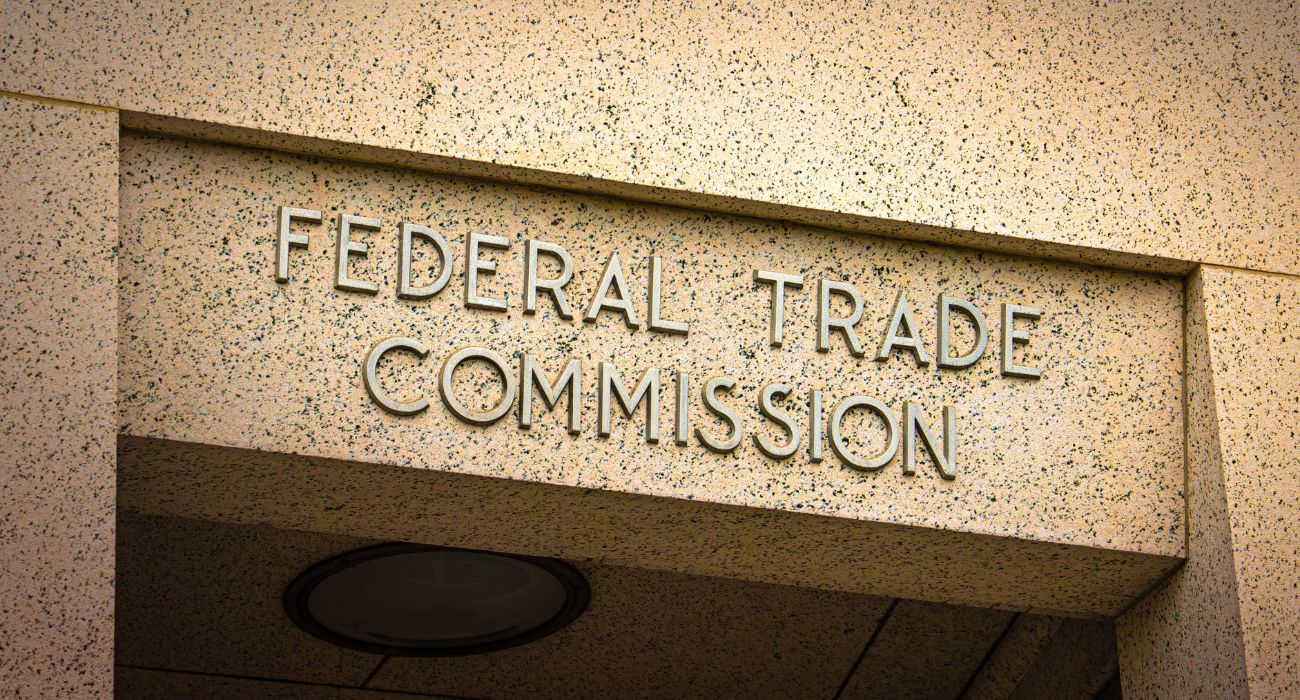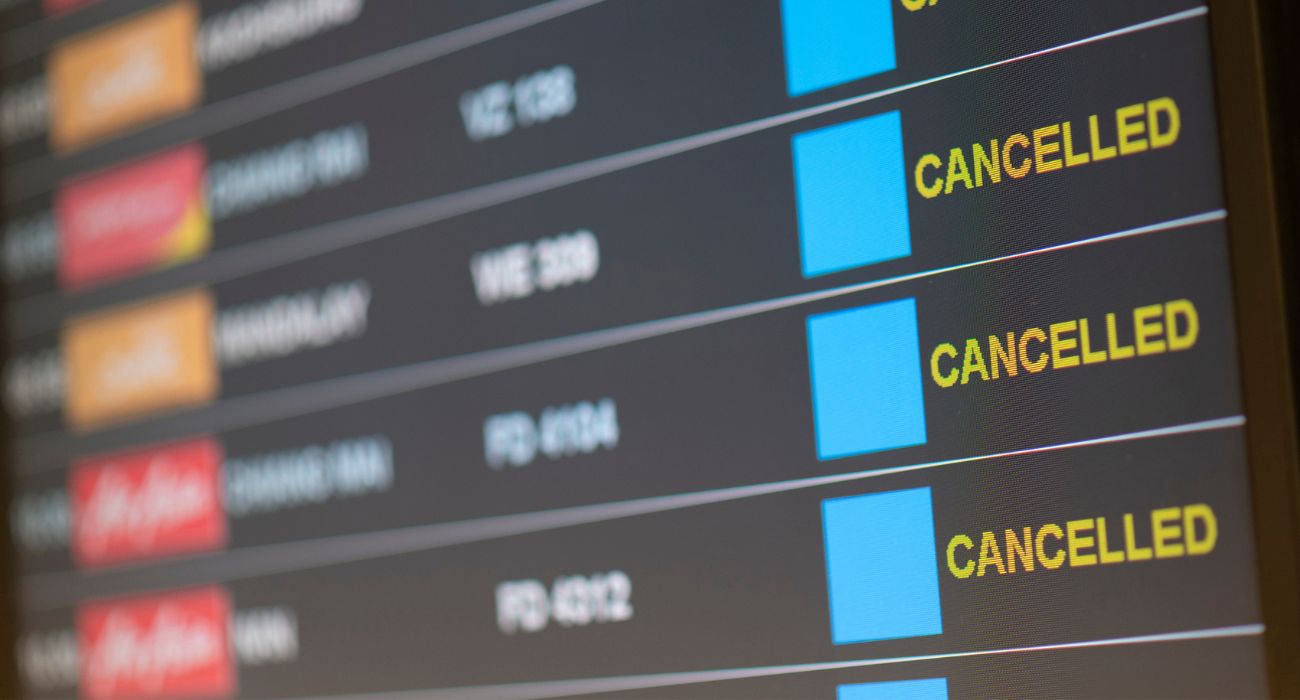The results of a poll released this week showed that financial stress has become a prevalent issue among Americans.
CNBC and Momentive recently published the findings of their “Your Money Financial Confidence Survey.”
They polled 4,336 adults living in the United States on March 27-31, asking them a series of questions about the state of their personal finances and how they feel about them.
A whopping 70% of respondents reported feeling financially stressed at this time.
With this year so far characterized by persistent inflation, soaring interest rates, reports of banking sector instability, forecasted gas price increases, and ongoing layoffs, it is no wonder.
In fact, residents of North Texas now claim to need about $11,000 more than they did last year, as The Dallas Express reported, totaling approximately $65,000 per year after tax.
While the poll found that financial anxiety was felt by 54% of those aged 65 and up, it was much more pronounced amongst younger Americans. About 75% of those aged 18 to 34 and 73% of those aged 35 to 64 said they were concerned.
This gap could have to do with different generations facing different stressors.
Since data suggest the average American is most in debt when they are middle-aged, those in their 30s or 40s with mortgages and car payments might be worried more about their ability to pay them off.
For recent high school graduates about to enroll in college, inflation has led to many schools raising their tuition fees, as The Dallas Express reported.
In fact, a recent poll conducted by Retirement Investments found that the need for financial support was actually the number one reason given by millennials and Gen Zers to explain why they were still living with their parents, as The Dallas Express reported.
This has also impacted older Americans, with one in five parents with adult children at home reporting in the same poll they have sacrificed retirement savings to help them.
With this in mind, many Americans who are approaching retirement age might be struggling with how to begin saving for it or are worried that they haven’t saved enough.
A recent survey by Clever found that 37% of retirees reported having no savings for retirement.
Other results of the CNBC poll hint at some of the more widespread causes of the financial stress felt by Americans.
For instance, it found that 53% of Americans have no emergency savings. Of the 47% that do, around 26% have less than $5,000 saved.
“People are worried that the money they’ve saved won’t last and are worried they’re going to have to lean more on their credit cards and other sources of debt just to get by,” Bruce McClary, senior vice president of the National Foundation for Credit Counseling in Washington D.C., told CNBC.
Debt has increased nationwide, as The Dallas Express reported. November alone saw U.S. consumer borrowing rise by nearly $28 billion, per Federal Reserve data.
The rising cost of living, along with higher borrowing rates on various types of loans, has significantly reduced the financial cushion of many individuals.
CNBC’s poll saw 58% of respondents report living paycheck to paycheck. This was the case for 78% of those reporting having household incomes totaling under $50,000.
Yet this was also true for 61% of respondents with household incomes of $50,000 to $99,999. This share was roughly halved among those with household incomes of $100,000 or more, at 32%.
“Whether or not you have significant wealth, everyone is feeling squeezed,” Misi Simms, a portfolio manager at the Fortune 100 company TIAA, told CNBC. Financial experts told CNBC that there are two main ways to reduce these high levels of financial stress.
The first is to escape the cycle of living in “survival mode” by improving your “financial mood,” Lindsay Bryan-Podvin, a certified financial therapist based in Michigan, explained to CNBC. “One of the easiest ways to put this concept into immediate action is by starting to celebrate any small financial ‘wins’ you achieve on a daily, weekly, or even monthly basis,” Bryan-Podvin said.
Having achievable goals can help to feel like you have more control over the situation and improve your overall outlook. Next, it is important to improve your financial literacy, which is connected to your financial wellness. Understanding how to better manage your budget and make decisions with your cash will have far-reaching effects.
“Understand where money is coming from and where it is going,” Simms advised, per CNBC.
It is worth noting that despite lots of talk about a looming recession, it hasn’t happened yet, per Forbes. Economic indicators such as GDP, the stock market, and the unemployment rate continue to log favorable results.
In the meantime, improving your own financial state is an important way to feel more prepared for whatever economic scenario may lie ahead.







Recently I had to explain to someone the difference between NEOliberalism and liberalism. I said:
“Neoliberalism is economic inequality without racial bias.”
That is, neoliberalism wears the mask of social justice while pushing an agenda that favors elites.
The various persons I know who are liberals and supposed radicals, (or cosplaying being a radical usually) are mobilized by the Demicrats by talking about how horrible the Republicans are, as a distraction from the economic arrangement of things.
The vast public is in a distressed situation. If one political party can’t help out they will seek a political party that will, or someone that offers a solution.
This is a dangerous situation. Sometimes that choice is really bad when people are making decisions greatly distressed.
I am comfortably retired in Dallas and own my own home, but I wonder how people live. That is how everyday people live. I go to Walmart to shop for most things, and I am astounded at the price of groceries. The rents we hear about in mediocre areas, is astounding.
Yet, the Democrats stumble into the future with happy talk and no real plan except to point out how scary the Republicans are.
What’s dangerous; the willful non-use of Merriam Webster to find out those terms are ambiguous, or that people have too much debt and don’t seem to care, just like our government; or that to most black men, every white man is an elite?
Republicans are scared of themselves; and with “criminal defendant” Trump in the ring, who wouldn’t be?
The largest cost that any adult has is housing. The cost of housing has increased 80% since Donald Trump a slum lord for decades (his father made the family fortune from sub standard rentals) was elected. Developers and landlords are the reason that adults are stressed. The only solution is to provide housing vouchers and to tax landlords and developers out the yazoo.
Not true for all! We as mom and pop landlords are taxed beyond belief already in addition to higher property taxes and insurance has sky rocketed this past year. With 9 homes we cleared $10k including our retirement income for 2022. We are now in the poverty tax bracket. Our savings has dwindled for all the repairs or unexpected replacements from ac, appliances, hot water heaters, carpet & paint from tenants not taking care of the property. Trump has nothing to do with the economy now so place the blame where it belongs.
A strong recession is soon coming.
Most Americans have no clue about “where money comes from”.
People need to research alternative media in order to understand fractional banking and the history of the Federal Reserve.
The M-2 money supply blew up during Covid, and now it has contracted to negative levels.
All that “free money” in the past, comes at a cost for the future.